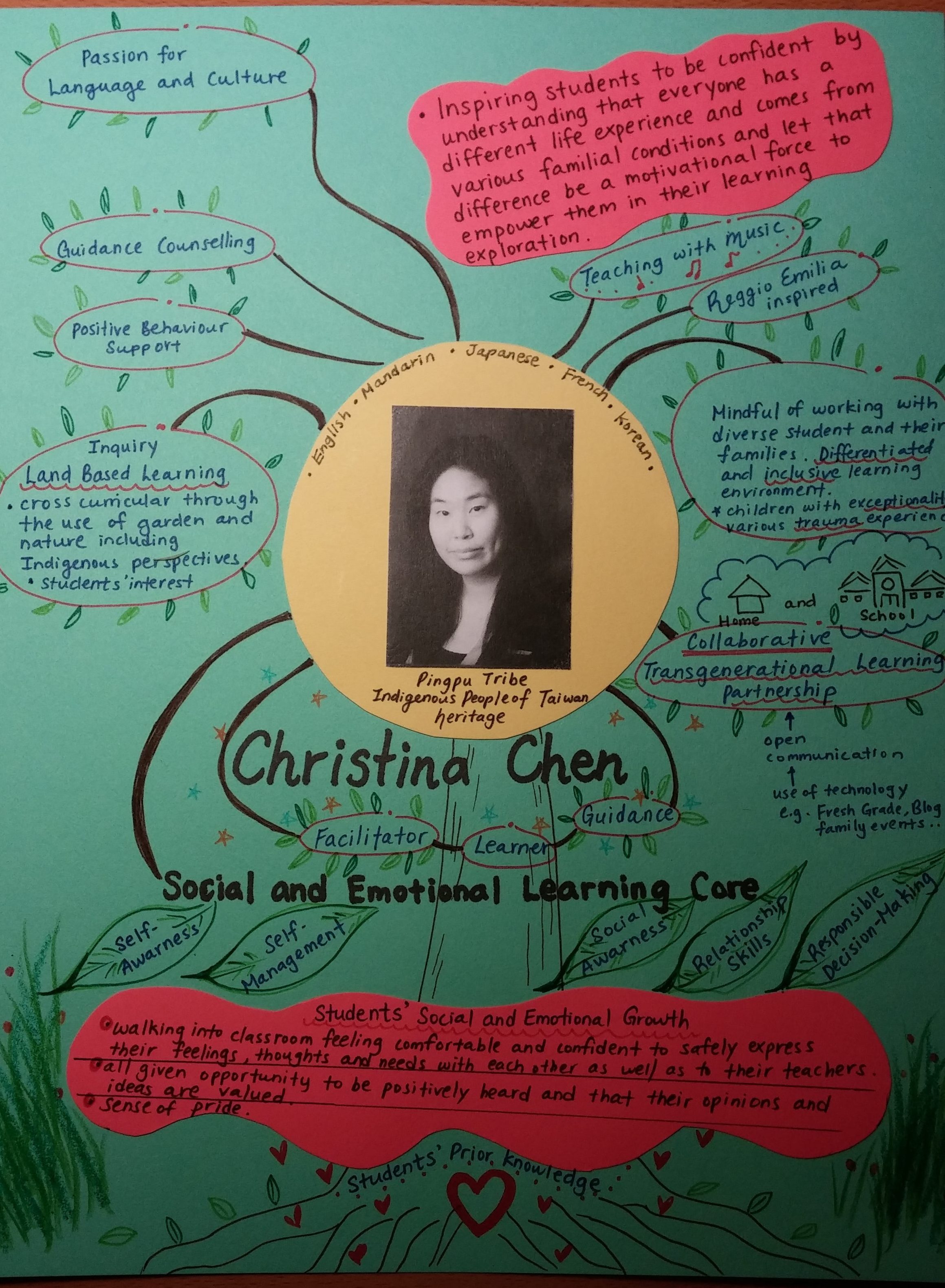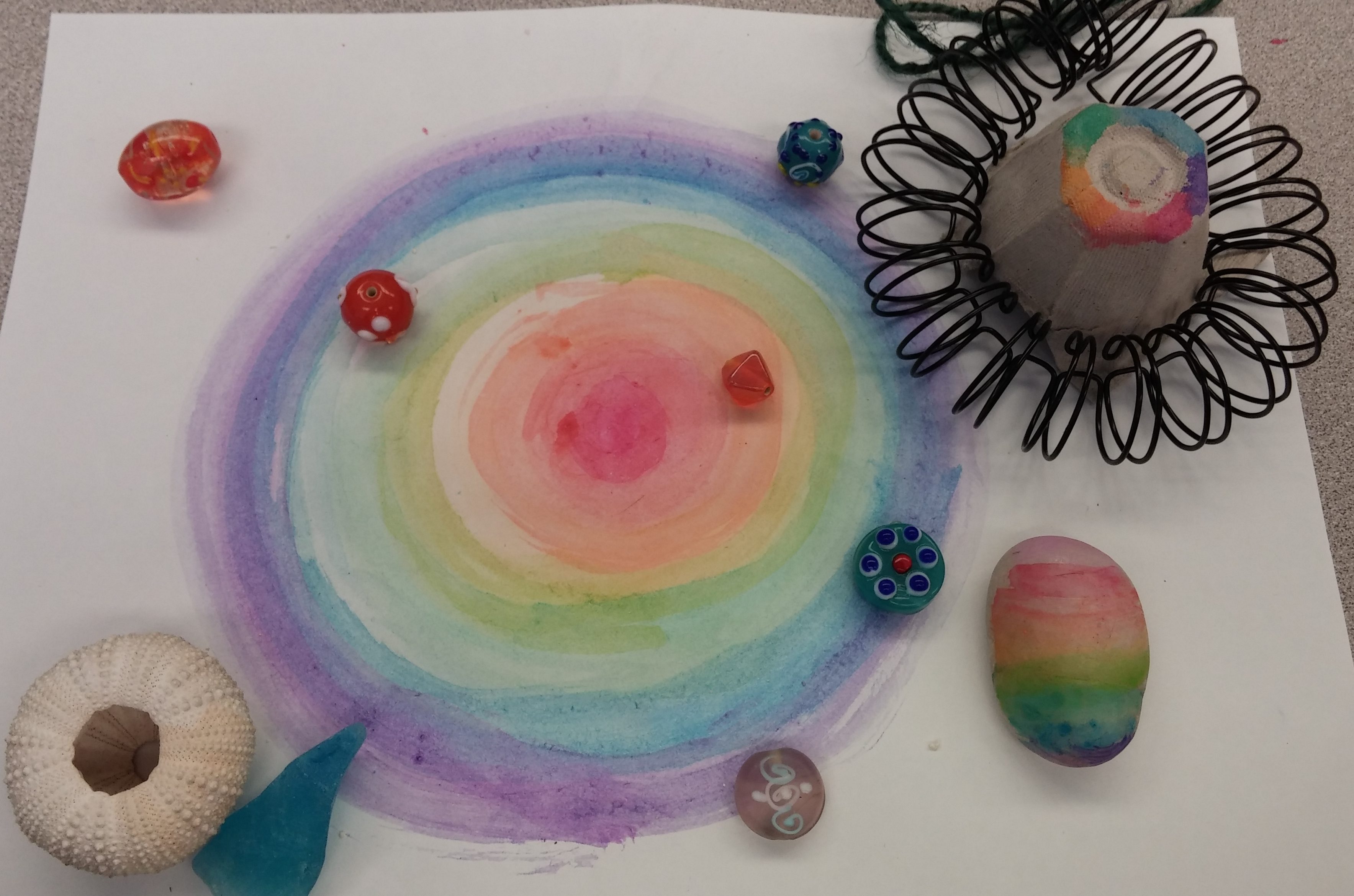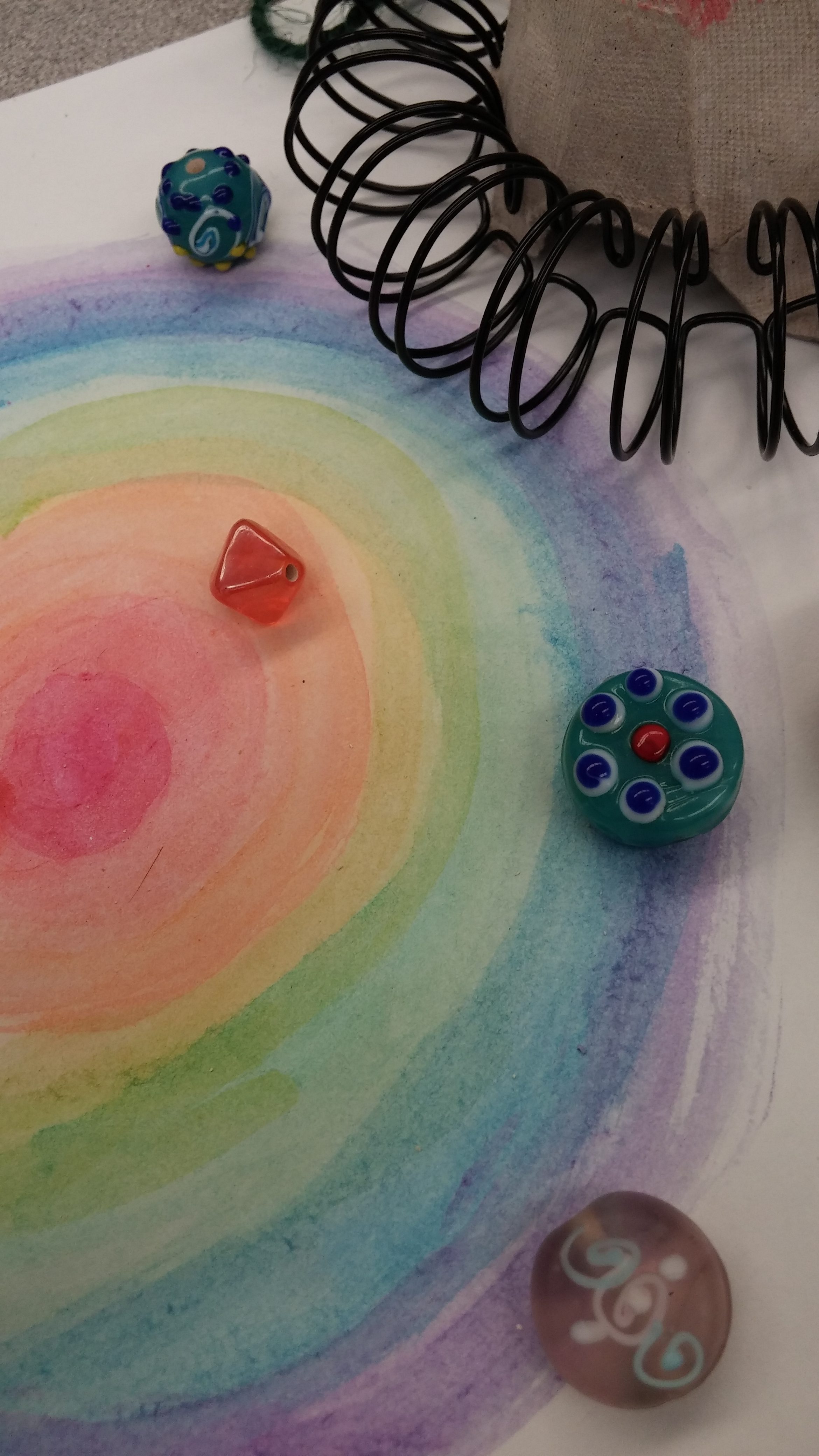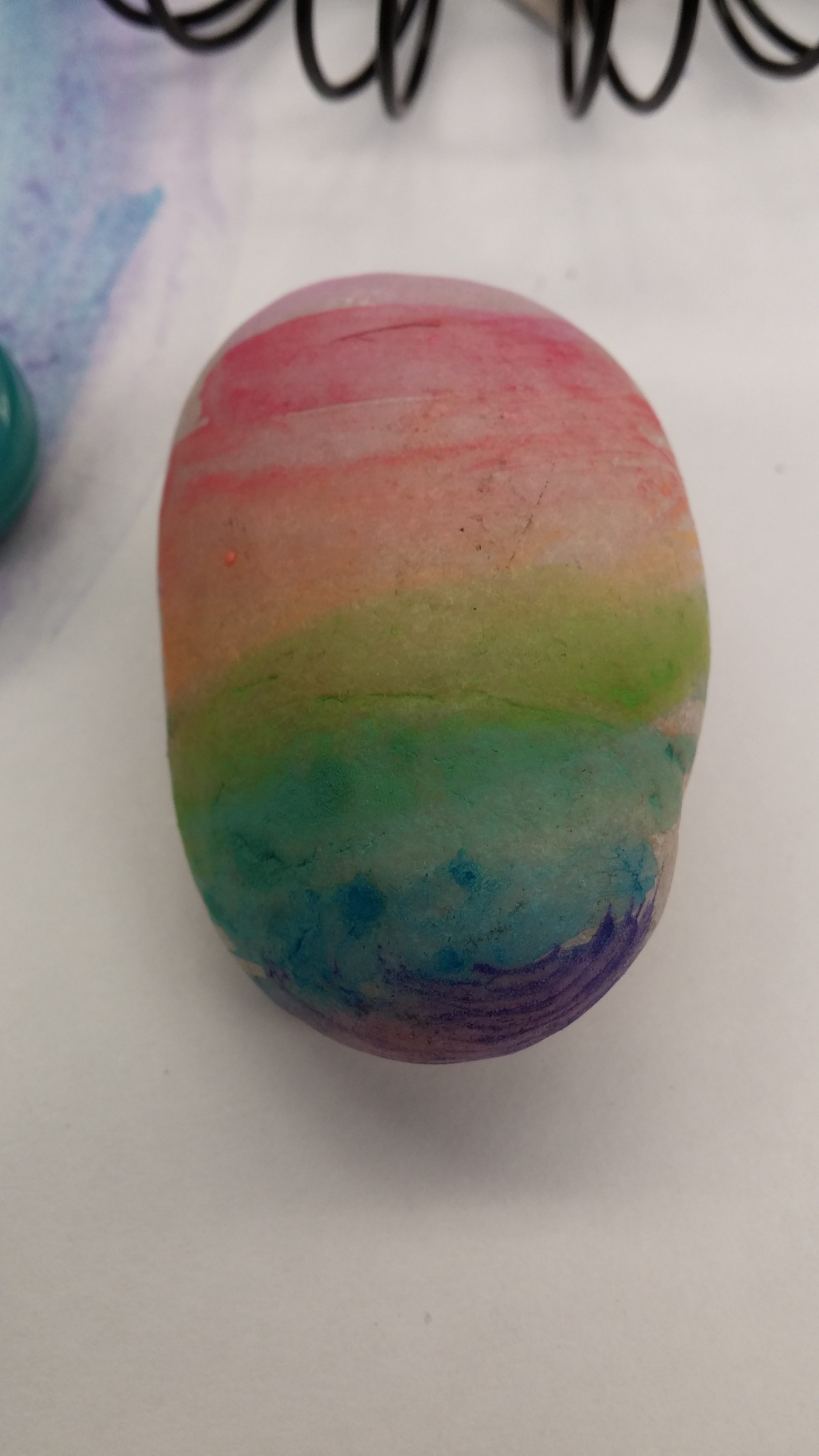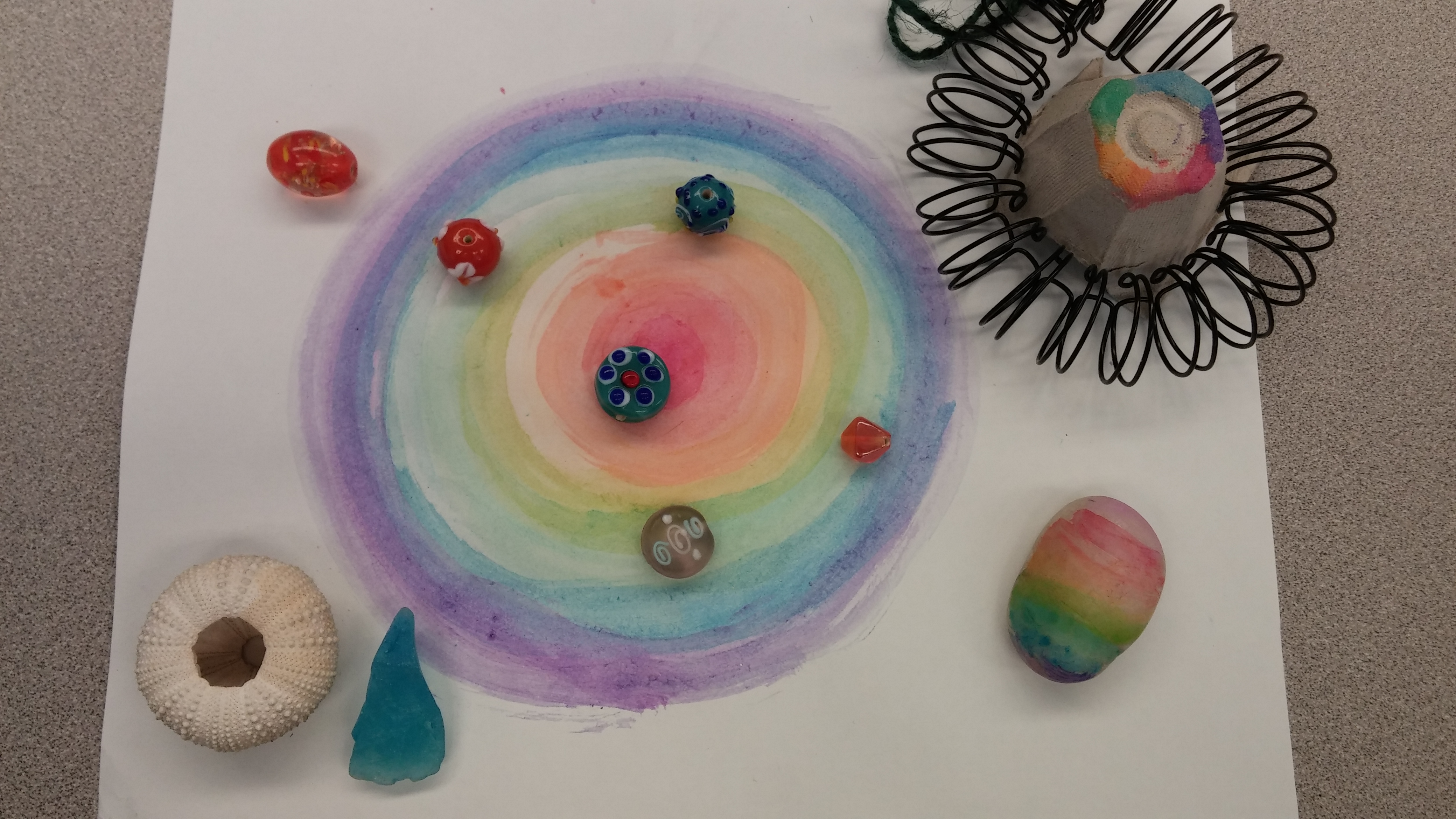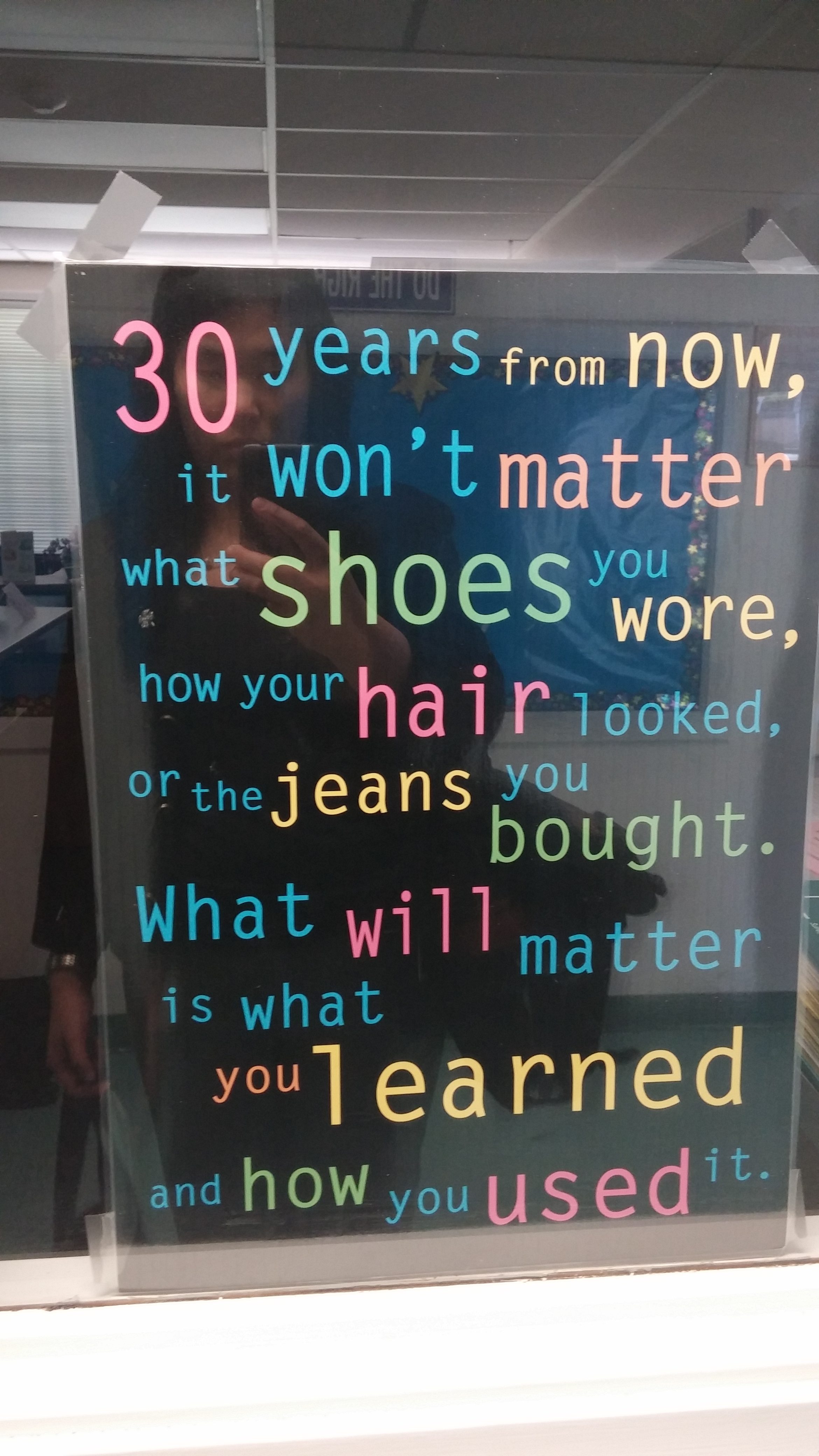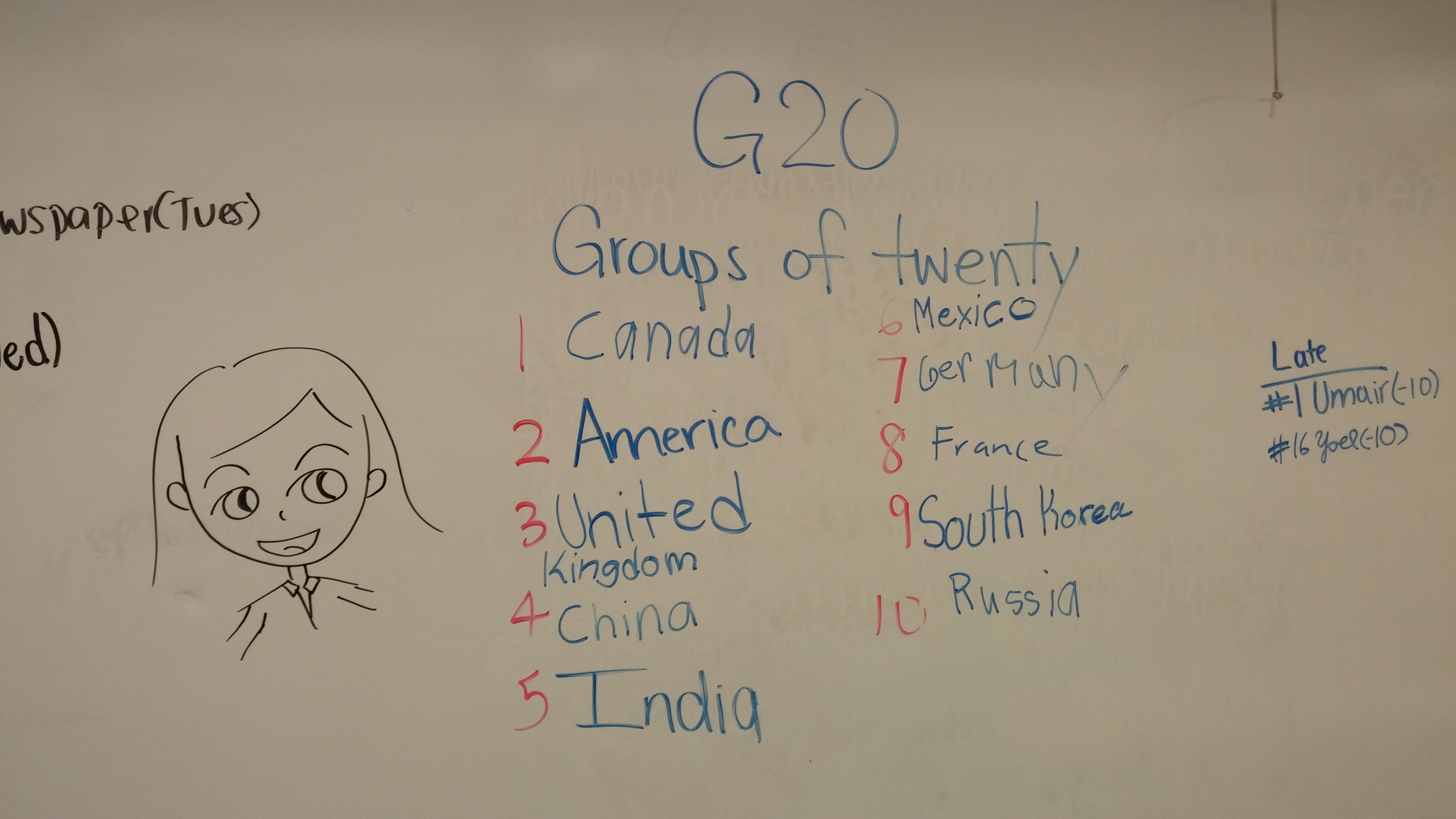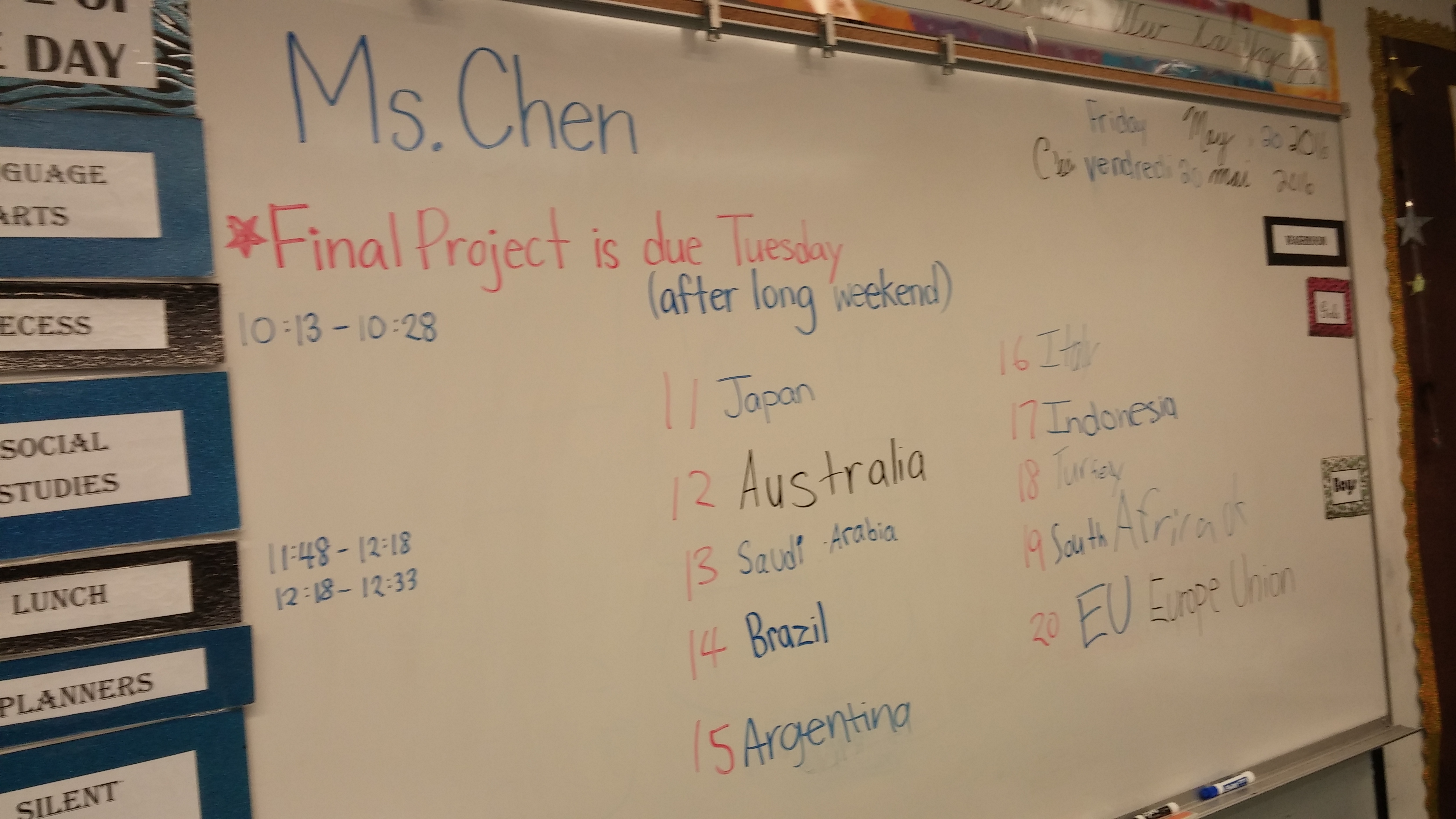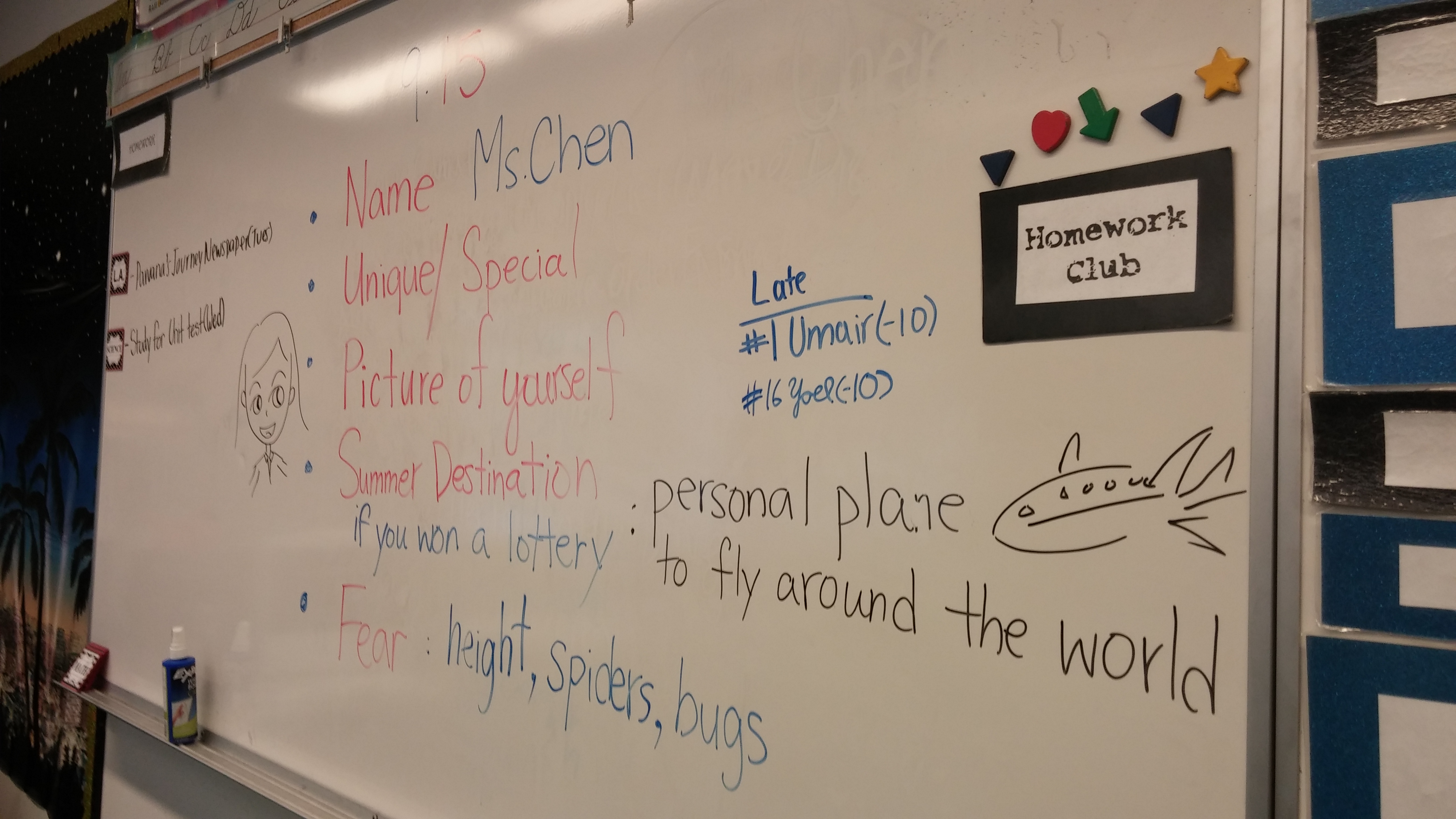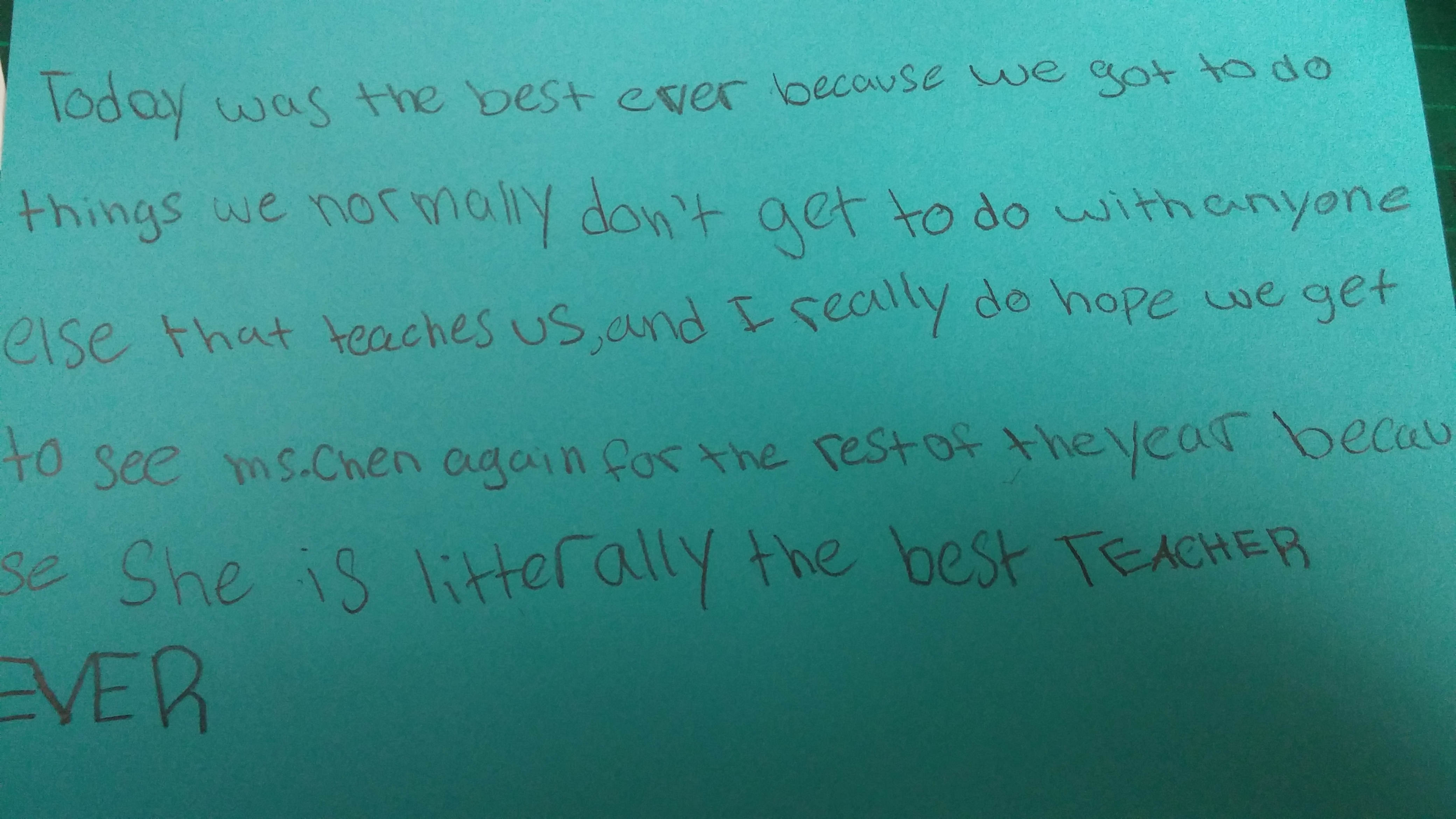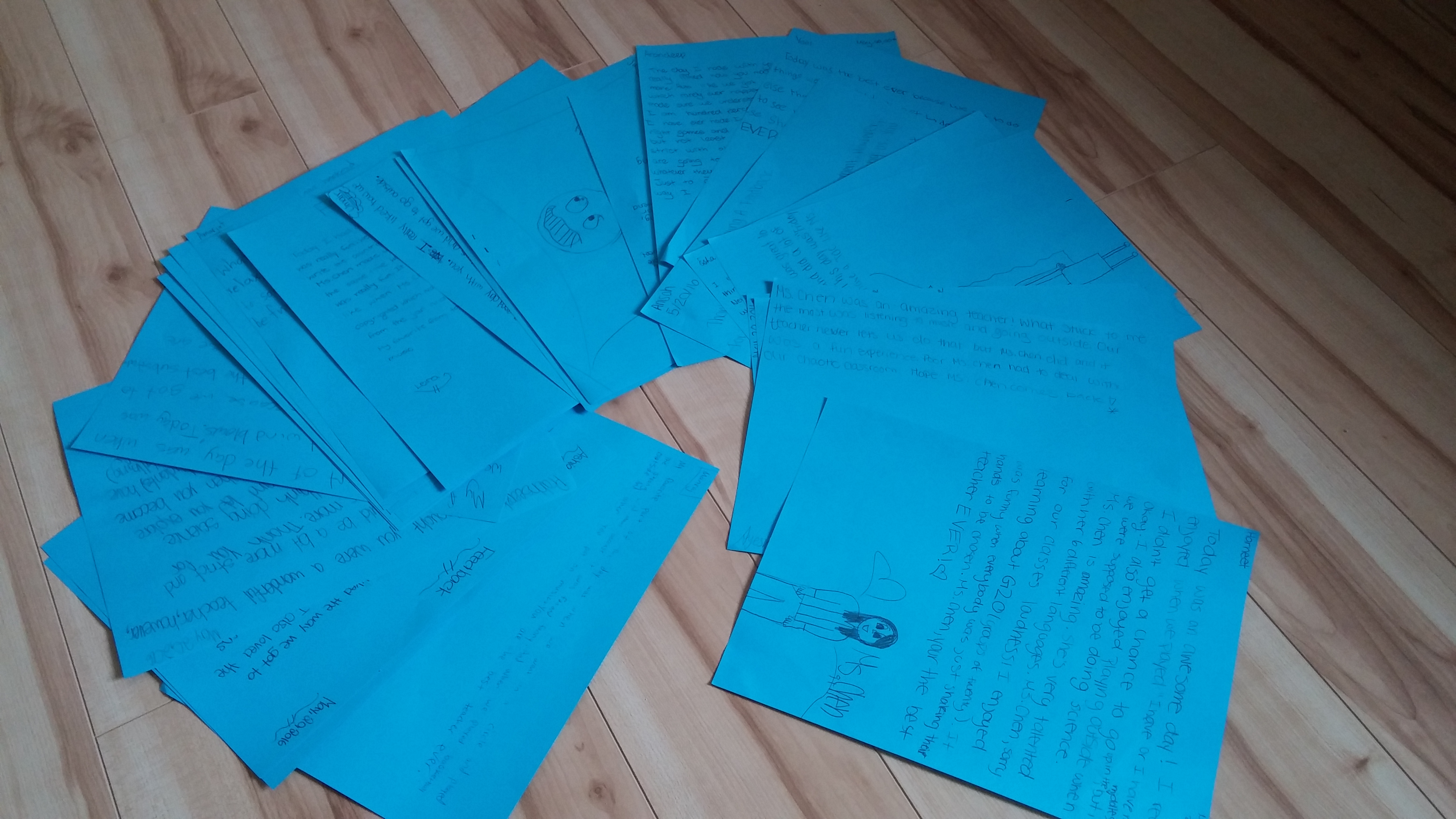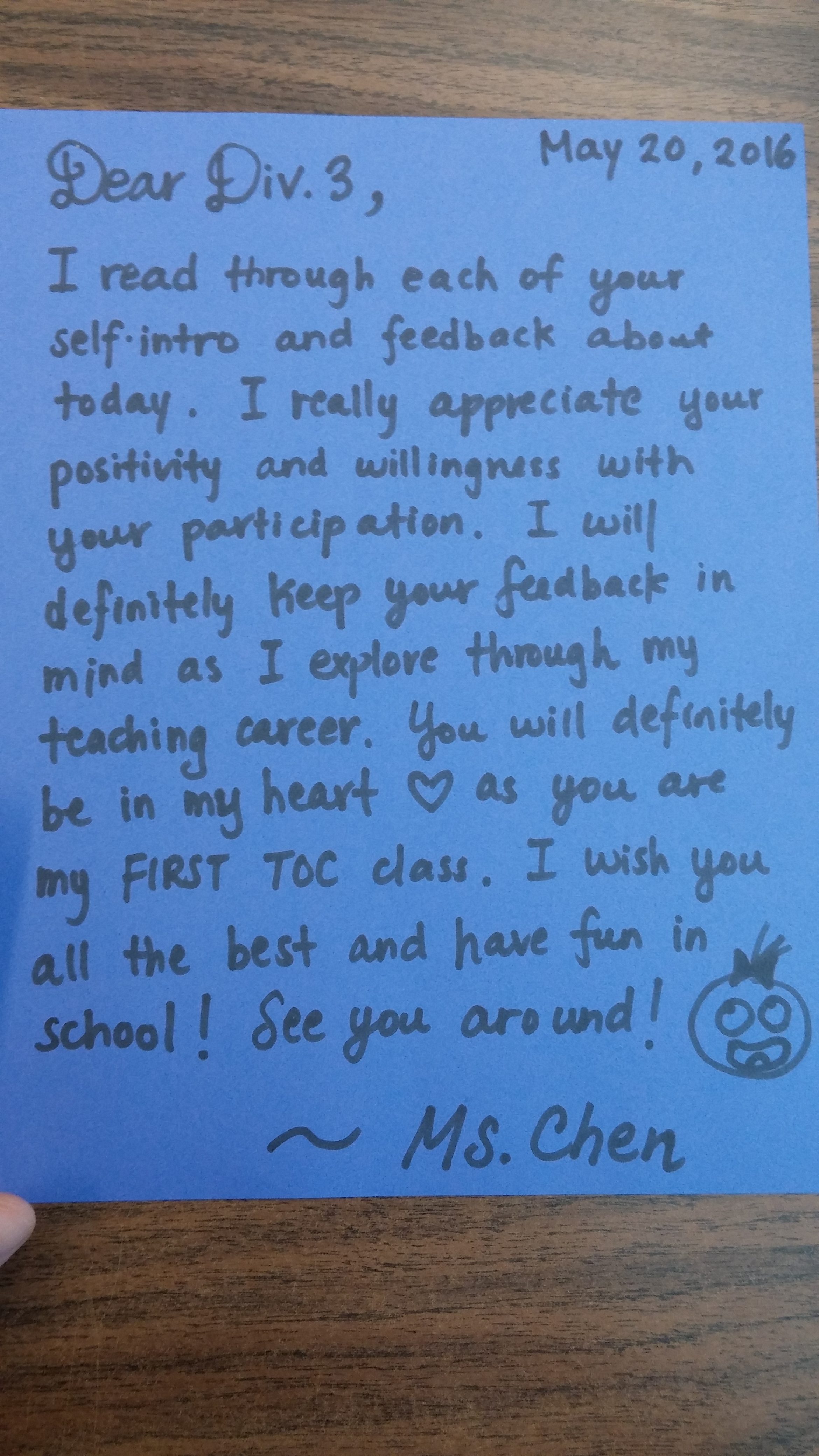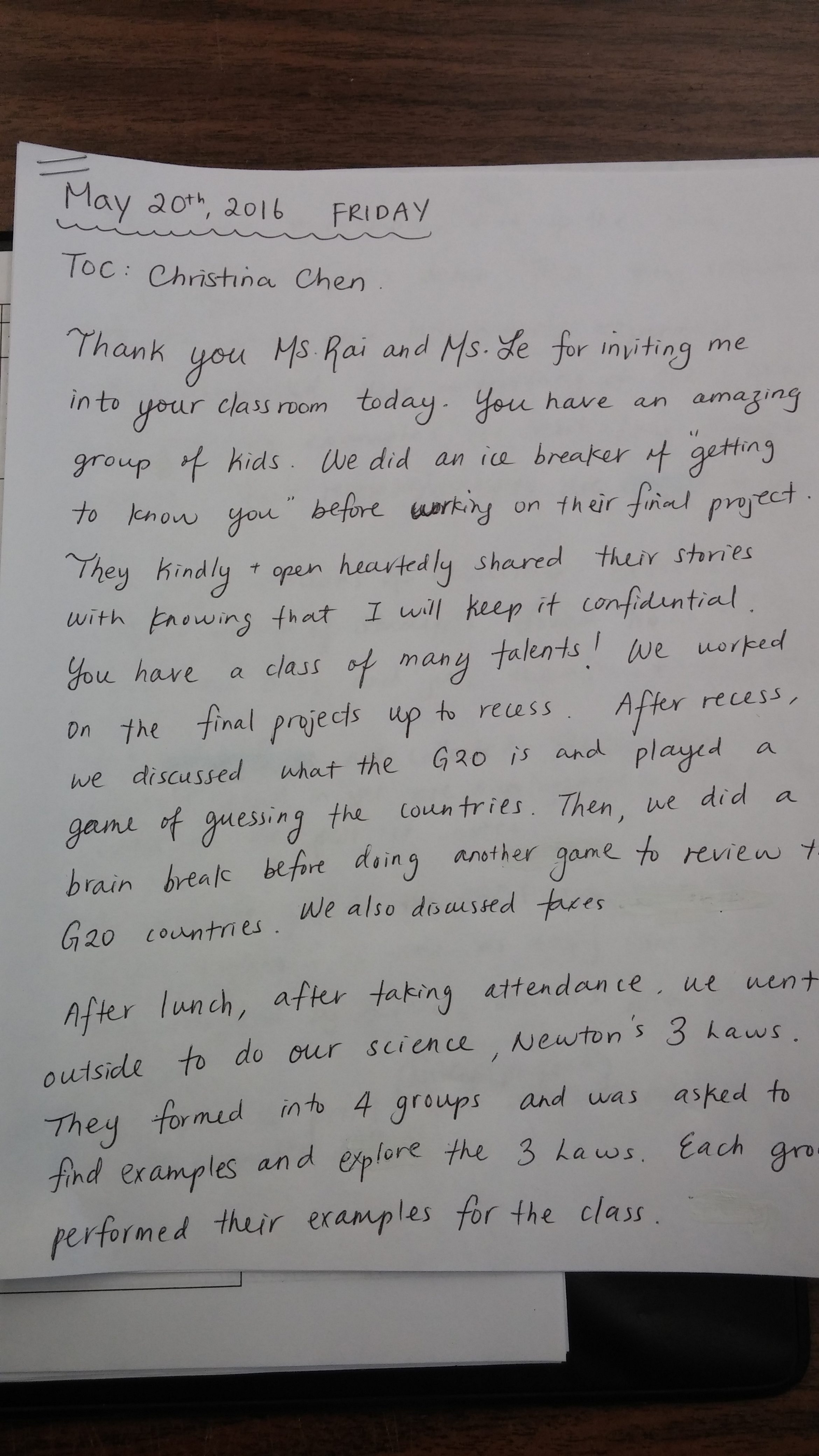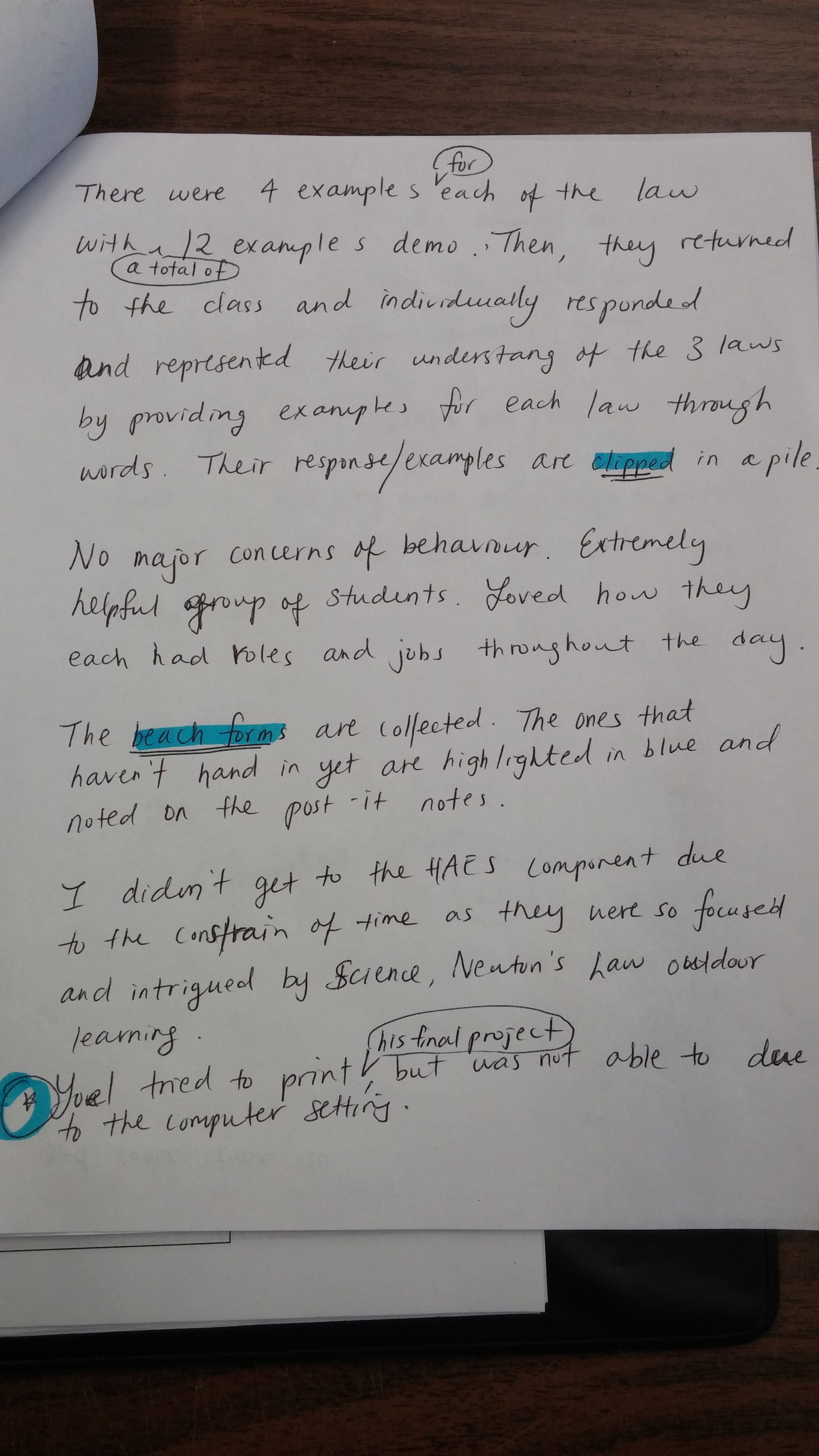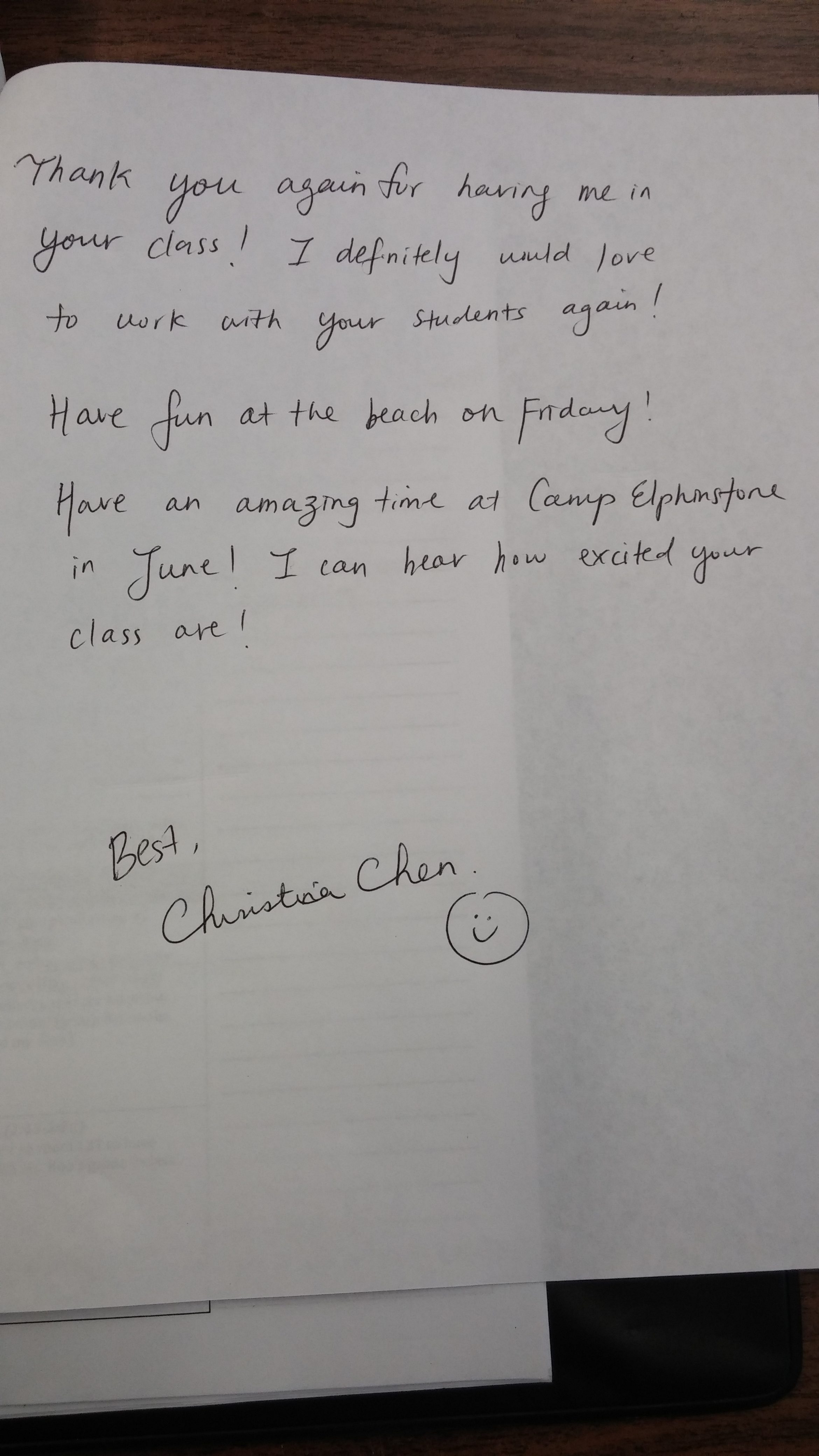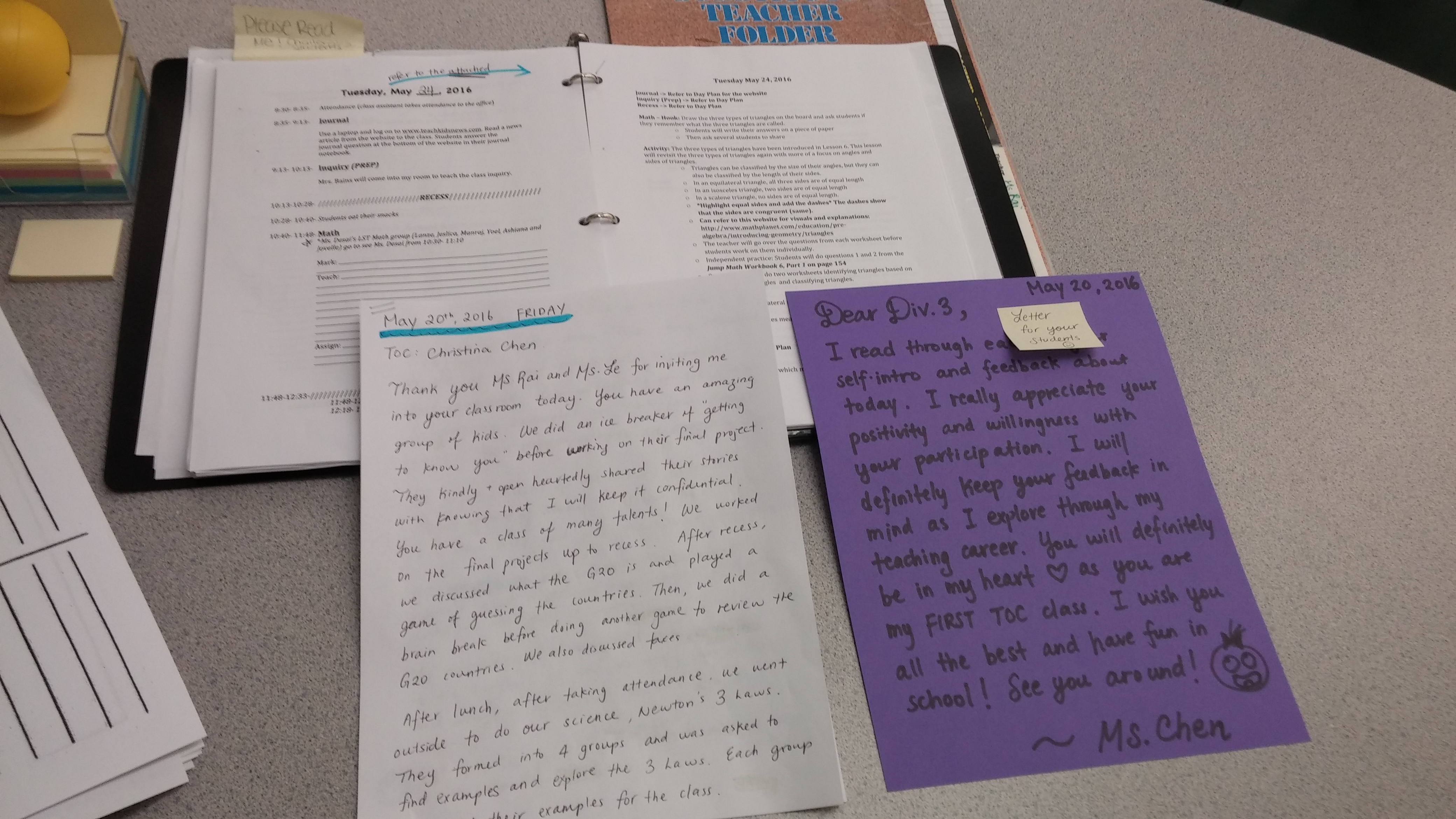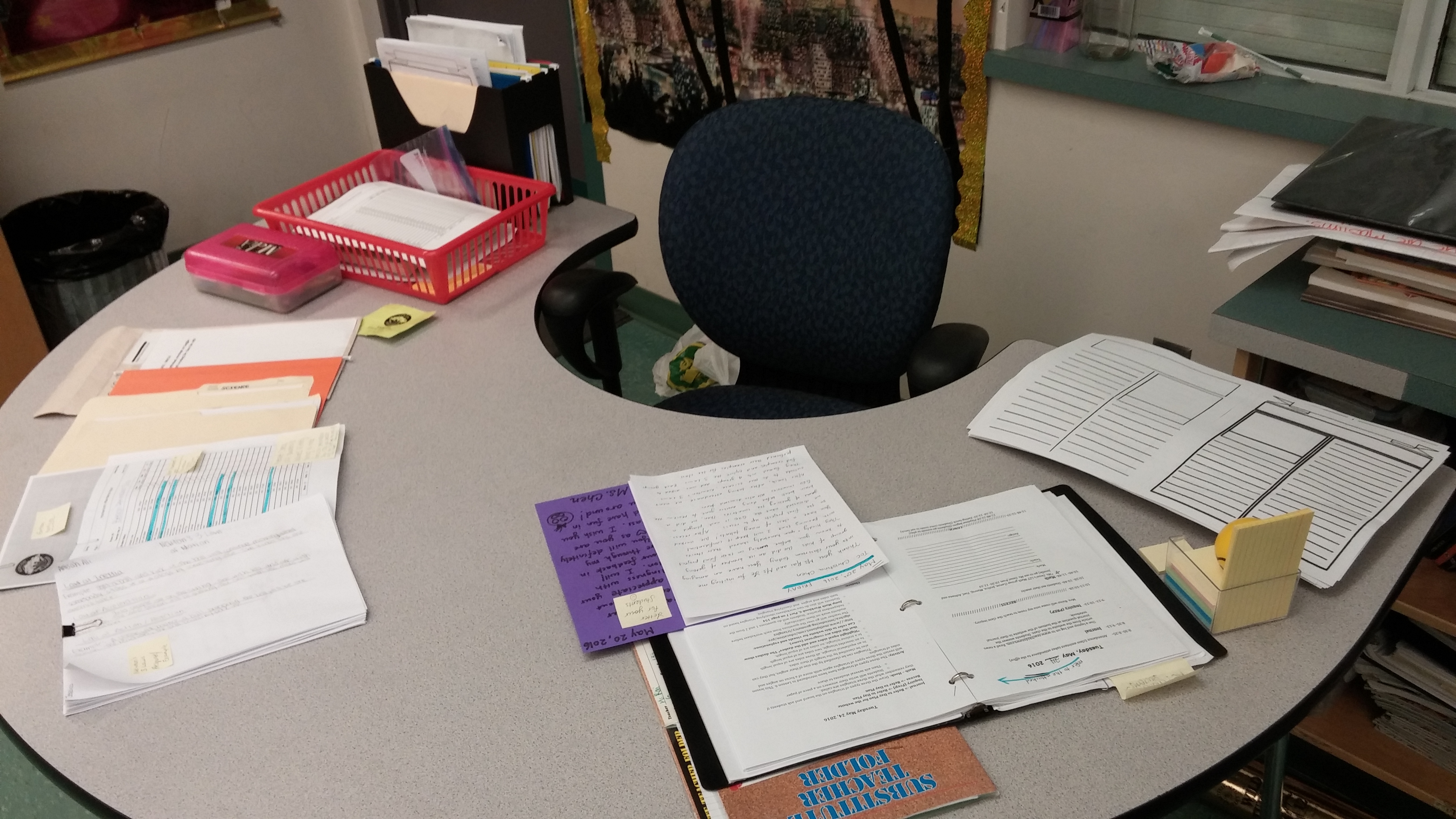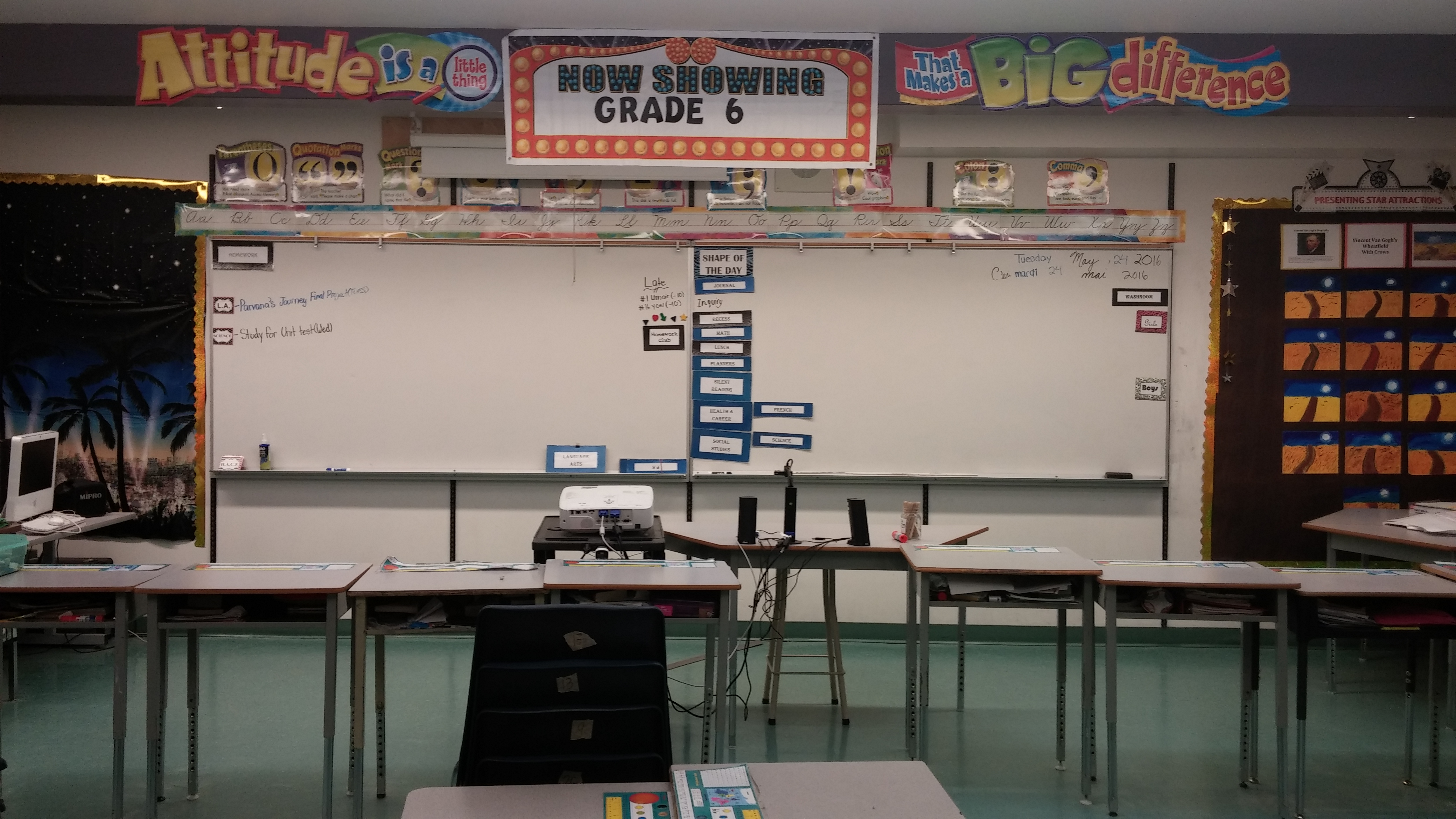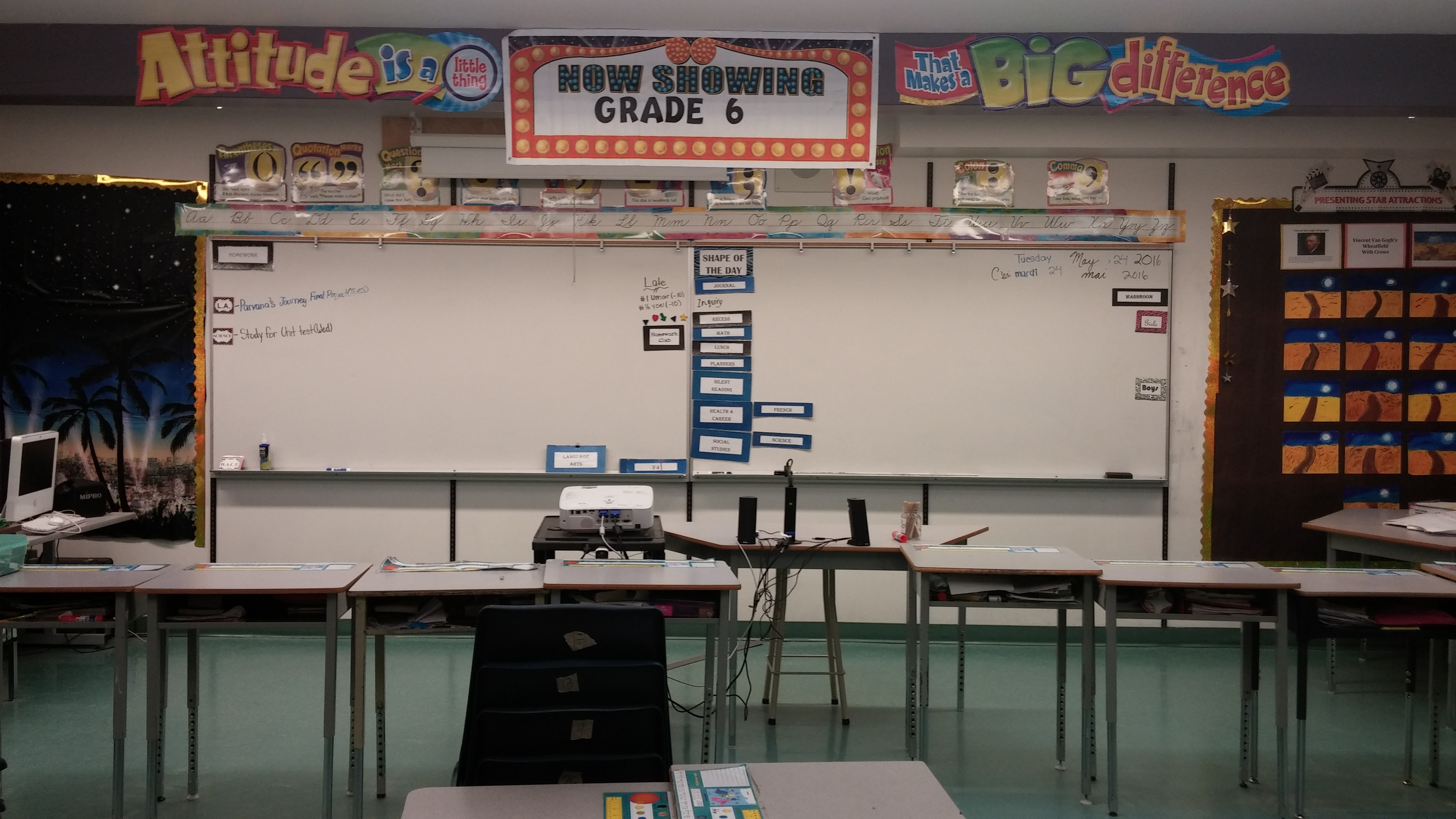Exit Slip: Full Circle (Check-in Sharing My Learning Journey)
Good Teaching, Standards, Ethics and SEL approach
- listen attentively and maintain a positive and trusting relationship to allow open communication between school, student and their families.
- establish a classroom environment to allow students to walk into their classroom feeling comfortable and confident to safely express their feelings, thoughts and needs with each other as well as to their teachers.
- Create an an inviting learning space.
- ensure my students are all given an opportunity to be positively heard and that their opinions and ideas are valued.
- students to have a sense of pride in themselves and realize the value of questions by modeling respect for each other’s ideas.
- Engaged hands-on/ experiential activities! Gage students’ interest and interaction in terms of lesson planning and transitions to prevent from doing explicit classroom management all the time.
- use students’ background knowledge, create opportunities for transgenerational learning in the school
I affirm the below standards sits quite close to heart at the start of this education program. I continuously searched for the best practice possible to open students to opportunities to be inspired and inquired as I explore more through the relationships I have developed with my FA, SA, children and families and the wider school community leading to where I am now. I understand continuously learning is involved in the teaching profession as we work with diverse children, families, colleagues, communities and the continuously evolving teaching curriculum. I also understand that it is important for us continuously keep a tab with our educator role and responsibilities it comes with. I have come to a full circle now with a tremendous amount of reflection through this year on how I entered this program with an extremely critical eye due to my dismaying high school PTSD experience from the educators and administration team then to where I sit confidently now even if I possibly would encounter these individuals. I hold the ethics of care to heart not only from my own PTSD experience but also I believe it is essential to the SEL approach that students’ well-being always has to be placed first before any form of learning is to happen.
My inquiry was on how to create an inquiry based learning classroom allowing students to reach their full learning potential. I have dabbled since through outdoor learning education, question formation technique, SEL approach, inquiring on educator’s facilitator role, and use of nature, and garden through various classroom implementation strategies. Now, I am looking at how to create opportunities for the wider school community to create learning spaces for transgenerational exploration partnership for the diverse students and their families or guardians we may encounter.
I am passionate to find out more about the learning that happens in the foundation of learning in terms of literacy and numeracy, therefore I have applied and been accepted into the Early Years Education Development Diploma (K-Grade 3)at UBC in the fall. I would like to find out more about the latest research in terms of best practice for this primary age group. I have started one of the surplus course this first summer term already. At the STA 2016 convention, I have also connected with Muriel Endersby, the founder of the Fun Family Phonics program, to attend her training workshops for the literacy development focus for K-Grade 3 in the fall.
Standards for the Education, Competence and Professional Conduct of Educators in BC
- Educators value and care for all students and act in their best interests.
Educators are responsible for fostering the emotional, esthetic, intellectual, physical, social and vocational development of students. They are responsible for the emotional and physical safety of students. Educators treat students with respect and dignity. Educators respect the diversity in their classrooms, schools and communities. Educators have a privileged position of power and trust. They respect confidentiality unless disclosure is required by law. Educators do not abuse or exploit students or minors for personal, sexual, ideological, material or other advantage. - Educators are role models who act ethically and honestly.
Educators act with integrity, maintaining the dignity and credibility of the profession. They understand that their individual conduct contributes to the perception of the profession as a whole. Educators are accountable for their conduct while on duty, as well as off duty, where that conduct has an effect on the education system. Educators have an understanding of the education system in BC and the law as it relates to their duties. - Educators understand and apply knowledge of student growth and development.
Educators are knowledgeable about how children develop as learners and as social beings, and demonstrate an understanding of individual learning differences and special needs. This knowledge is used to assist educators in making decisions about curriculum, instruction, assessment and classroom management. - Educators value the involvement and support of parents, guardians, families and communities in schools.
Educators understand, respect and support the role of parents and the community in the education of students. Educators communicate effectively and in a timely manner with parents and consider their advice on matters pertaining to their children. - Educators implement effective practices in areas of classroom management, planning, instruction, assessment, evaluation and reporting.
Educators have the knowledge and skills to facilitate learning for all students and know when to seek additional support for their practice. Educators thoughtfully consider all aspects of teaching, from planning through reporting, and understand the relationships among them. Educators employ a variety of instructional and assessment strategies. - Educators have a broad knowledge base and understand the subject areas they teach.
Educators understand the curricular, conceptual and methodological foundations of education and of the subject areas they teach. Educators must be able to communicate effectively in English or French. Educators teach students to understand relevant curricula in a Canadian, Aboriginal, and global context. Educators convey the values, beliefs and knowledge of our democratic society. - Educators engage in career-long learning.
Educators engage in professional development and reflective practice, understanding that a hallmark of professionalism is the concept of professional growth over time. Educators develop and refine personal philosophies of education, teaching and learning that are informed by theory and practice. Educators identify their professional needs and work to meet those needs individually and collaboratively. - Educators contribute to the profession.
Educators support, mentor or encourage other educators and those preparing to enter the profession. Educators contribute their expertise to activities offered by their schools, districts, professional organizations, post-secondary institutions or contribute in other ways.

